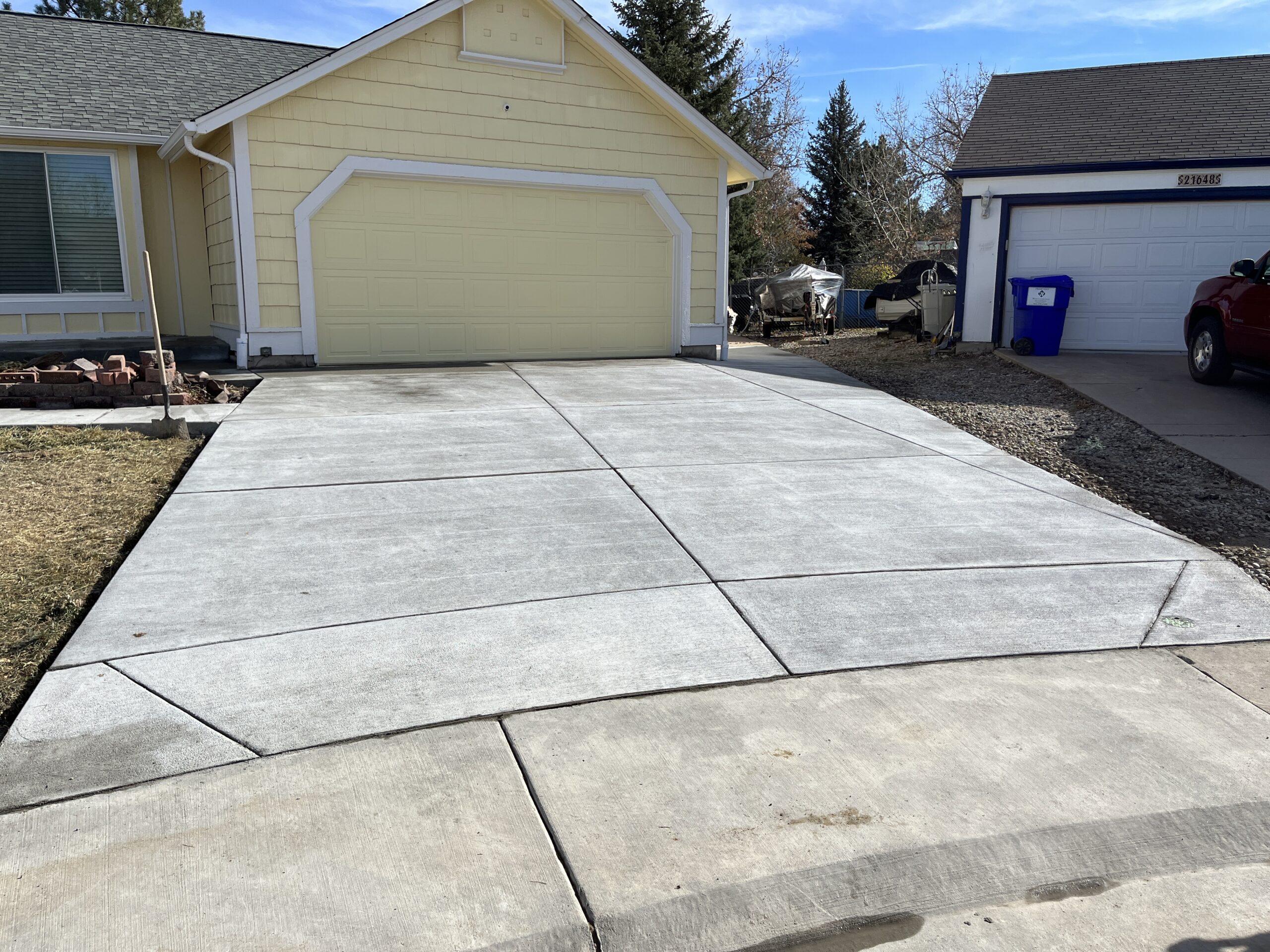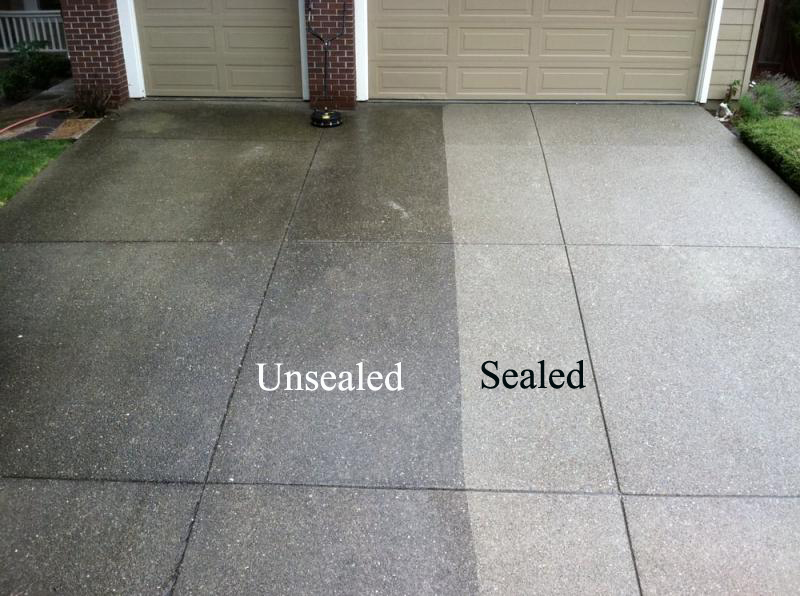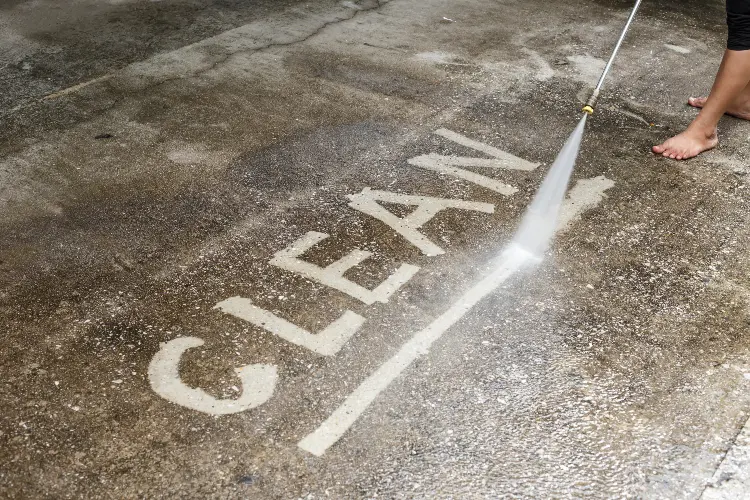Concrete driveways, with their enduring strength and aesthetic charm, remain a popular choice for homeowners. Yet, like all construction materials, their lifespan is finite. In this guide, we’ll delve into the secrets behind a long-lasting concrete driveway, exploring factors that impact its longevity and offering valuable maintenance tips.

Factors Influencing Concrete Driveway Lifespan:
- Construction Quality: The foundation for a long-lasting driveway begins with its construction. Meticulous subbase preparation, proper reinforcement, and a meticulously formulated concrete mix are essential for ensuring durability. Driveways built with high-quality materials and skilled craftsmanship stand the test of time.
- Climate and Weather: Mother Nature plays a significant role in your driveway’s lifespan. Extreme temperatures, freeze-thaw cycles, heavy rain, and harsh UV rays can expedite concrete deterioration. Understanding your local climate allows you to implement preventative measures.
- Drainage Efficiency: Water is the enemy of concrete. Proper drainage is essential to prevent water from pooling and eroding the subbase, weakening the concrete over time. Ensure adequate drainage channels and slopes are in place to direct water away from the driveway.
- Traffic Load: The type and volume of traffic your driveway endures impacts its longevity. Heavy vehicles and frequent use exert greater stress on the concrete, potentially accelerating wear and tear. Limiting heavy loads can significantly extend the driveway’s lifespan.
- Sealing and Maintenance: Consistent maintenance, including regular sealing, is crucial for prolonging the life of your concrete driveway. Sealing creates a protective barrier against water penetration, stains, and UV damage, safeguarding the surface and maintaining its appearance. Additionally, promptly addressing cracks and minor damage prevents them from evolving into major problems requiring extensive repairs.
Concrete Driveway Lifespan Estimates:
A well-maintained concrete driveway, constructed using quality materials and practices, can last anywhere from 20 to 40 years, even exceeding this timeframe with proper care. However, remember that the actual lifespan can vary considerably based on the factors discussed earlier.
Maintenance Tips for a Long-Lasting Concrete Driveway:
- Sealing: Apply a high-quality concrete sealer every 2-5 years. This protects the surface from moisture, stains, and UV radiation, preserving the driveway’s appearance and preventing premature cracking.

- Regular Cleaning: Regularly remove debris, leaves, and dirt from the driveway to prevent surface wear and staining. Utilize a broom or a pressure washer for efficient cleaning.

- Prompt Crack Repair: Address any cracks or damage as soon as they appear. Ignoring small cracks allows them to grow, leading to more extensive repairs and potentially even replacement.

- Optimizing Drainage: Ensure your driveway has proper drainage to prevent water pooling and subbase erosion. Consider adding drainage channels or slopes as needed.

- Limiting Heavy Loads: Whenever possible, minimize heavy vehicle traffic and avoid parking large trucks or RVs on your concrete driveway. Reducing the stress placed on the surface extends its lifespan.

Conclusion:
Concrete driveways offer a long-lasting and aesthetically pleasing solution for homeowners. By understanding the factors influencing their lifespan and following the provided maintenance tips, you can ensure your concrete driveway remains functional and visually appealing for decades to come. Investing in high-quality construction and regular maintenance is a cost-effective way to maximize your driveway’s lifespan and enhance your property’s curb appeal.